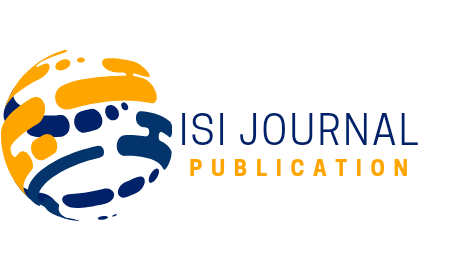Top 5 Tools for Academic Writers and Researchers
Keywords: tools for researchers, academic writing software, writing productivity
Academic writing is often seen as a solitary and mentally demanding endeavor, but in today’s digital age, researchers no longer have to work alone or rely solely on basic word processors. With the increasing pressure to publish, maintain high standards of quality, and meet tight deadlines, the right set of tools can make a remarkable difference. Whether you are a doctoral candidate drafting your dissertation or a faculty member working on a journal article, integrating powerful digital resources into your workflow can significantly improve your efficiency and confidence. This is why selecting the right tools for researchers has become just as important as mastering the art of scholarly writing itself.
One of the most essential areas where researchers benefit from technology is reference management. Gone are the days of manually typing out long lists of citations or struggling with formatting inconsistencies. Modern academic writing software like Zotero and Mendeley has transformed the way citations are managed. These tools help researchers collect, organize, and automatically insert references into manuscripts while maintaining the appropriate citation style required by journals. Not only do they save time, but they also minimize the risk of citation errors, which are common causes of manuscript rejection. Having a structured reference system in place also improves the logical flow of literature reviews and theoretical frameworks, helping researchers stay focused and organized throughout the writing process.
Writing large academic documents can often become overwhelming, especially when dealing with multiple chapters, drafts, and datasets. This is where more advanced writing platforms come in. Unlike traditional word processors, tools like Scrivener and Overleaf offer academic writers features tailored specifically for complex projects. These platforms allow users to divide their work into manageable sections, making it easier to reorganize, track progress, and work with collaborators. For those writing in LaTeX, which is popular in mathematics and engineering fields, overleaf provides a user-friendly interface with real-time collaboration features. These platforms don’t just support writing—they help streamline the entire research documentation process, which can dramatically increase writing productivity for authors at any stage of their career.
Clarity and accuracy are at the heart of effective academic communication. Even the most insightful research can fall short if it is presented with unclear grammar or awkward phrasing. This is why grammar and style enhancement tools have become vital companions for academic writers. Grammarly, for example, goes beyond spelling checks to offer context-based suggestions on sentence structure, tone, and clarity. It helps researchers ensure their arguments are communicated with precision and academic professionalism. Similarly, tools like Hemingway Editor provide feedback on readability and sentence complexity, which can be particularly helpful when simplifying dense scientific content for broader audiences. These language-checking platforms have emerged as indispensable tools for researchers who aim to produce writing that is not only correct but also compelling and readable.
Another key aspect of academic writing software is project and task management. Research projects often involve long timelines, multiple deliverables, and coordination between various co-authors. Productivity tools like Notion and Trello are now widely used to plan writing schedules, set deadlines, manage drafts, and assign tasks in collaborative projects. With customizable boards, visual timelines, and seamless integration with cloud storage platforms, these tools help researchers maintain structure and accountability. When combined with daily writing targets and consistent progress tracking, they also promote long-term consistency and efficiency. This type of organizational support is a game-changer for boosting writing productivity, especially when working under pressure from grant deadlines or academic calendars.
Lastly, data organization and annotation tools also play a crucial role in supporting academic writing. Researchers working with empirical data, PDFs, and journal articles need a way to store, annotate, and retrieve information efficiently. Tools like EndNote and Evernote allow users to highlight passages, make margin notes, and tag files for quick access. This is particularly useful during the literature review phase, when managing dozens or even hundreds of sources. These tools create a digital memory bank that researchers can return to repeatedly as they move from proposal to publication. Having a centralized platform for ideas, quotes, and source material helps ensure that nothing important gets lost in the chaos of multitasking.
In summary, the integration of intelligent tools for researchers has fundamentally transformed the academic writing process. From managing citations and editing manuscripts to staying focused and organized, today’s scholars have access to an impressive range of academic writing software designed to meet their unique needs. These tools don’t replace the intellectual work of research and writing—they enhance it. They give researchers more time to focus on the substance of their work, rather than the mechanics of formatting or proofreading. As a result, writing productivity improves, deadlines become more manageable, and the final output is often more polished and impactful. For academics navigating the demands of modern scholarship, investing time in exploring and adopting these tools is not just a convenience—it’s a smart and necessary strategy for long-term success.
